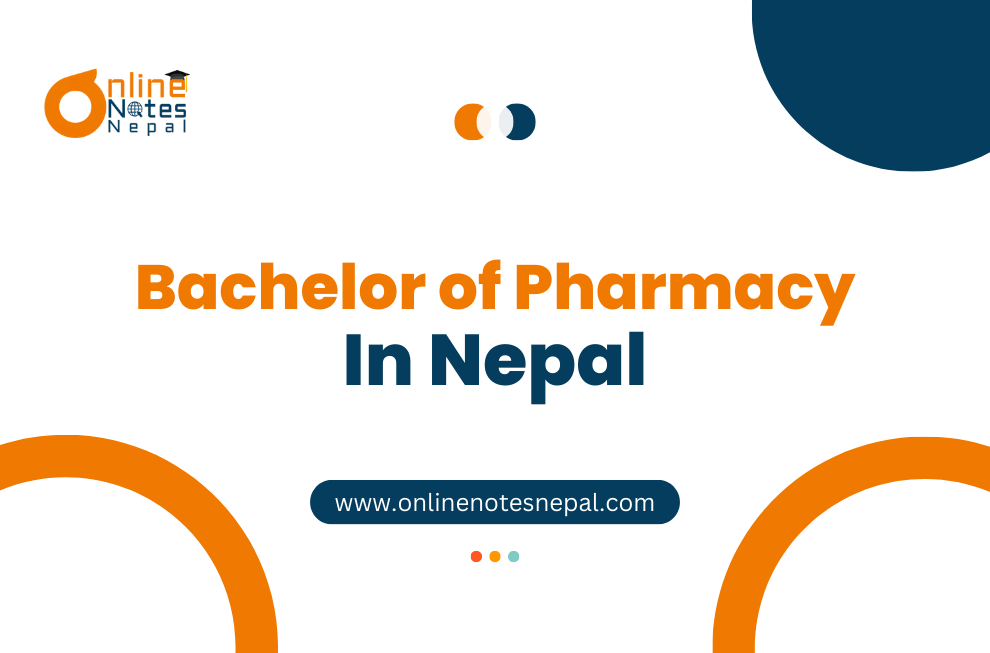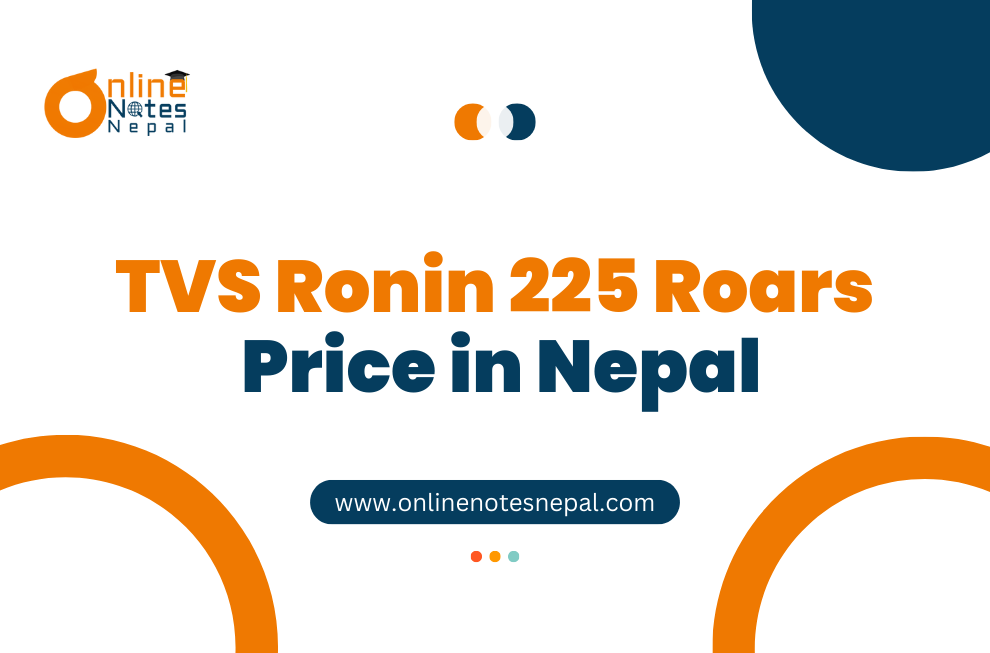Blogs



Bachelor of Pharmacy in Nepal
In Nepal, a Bachelor of Pharmacy (B.Pharm) degree is highly valued and can lead to a variety of interesting employment options in the pharmaceutical sector. Here is a thorough resource that will answer all of your questions about obtaining a B.Pharm in Nepal:
Eligibility Criteria
- Passed the 10+2 Science stream, which included Biology, Chemistry, and Physics (or equivalent).
- Colleges have different minimum aggregate percentage requirements, however they usually range from 50% to 60%.
- While some universities only accept national admission examinations, such as the Common admission Examination (CEE) for medical schools, others have their own entry exams.
- Find out the precise entrance requirements for each college, visit their websites.
Top Colleges Offering Bachelor of Pharmacy
- Kathmandu University (KU): Renowned for its top-notch instruction and state-of-the-art facilities, the School of Medical Sciences offers a four-year B.Pharm degree.
- Tribhuvan University (TU): A number of associated colleges, including as the Institute of Medicine in Kathmandu and the Patan Academy of Health Sciences, provide B.Pharm programs.
- Purbanchal University: Offers B.Pharm programs at B.P. Koirala Institute of Health Sciences and Nepalgunj Medical College, two of its associated colleges.
- Pokhara University: At its affiliated colleges, like as Gandaki Medical College, it offers a B.Pharm curriculum.
- Other Private Colleges: B.Pharm programs are available at numerous private colleges around Nepal.
Duration: B.Pharm programs in Nepal typically last four years.
Curriculum
The curriculum is designed to provide a comprehensive understanding of pharmaceutical sciences, encompassing subjects like:
- Pharmaceutics
- Pharmacology
- Pharmaceutical Chemistry
- Pharmacognosy
- Pharmacy Practice
- Pharmaceutical Analysis
- Drug Regulatory Affairs
- Pharmaceutical Biotechnology
- Medicinal Chemistry
Career Opportunities
- Pharmaceutical Industry:
- Research and Development (R&D)
- Production and Manufacturing
- Quality Control and Assurance
- Marketing and Sales
- Regulatory Affairs
- Hospitals and Clinics:
- Dispensing Medicines
- Patient Counseling
- Drug Information Services
- Academic Institutions:
- Teaching and Research
- Government Organizations:
- Drug Regulatory Agencies
- Health Ministries
Advantages of Studying Bachelor of Pharmacy
Affordably Priced Education: Nepal's educational costs are comparatively low when compared to other nations.
High-quality Education: With skilled instructors and state-of-the-art facilities, numerous colleges in Nepal provide high-quality education.
Expanding Pharmaceutical Sector: The pharmaceutical sector in Nepal is growing quickly, generating a lot of work possibilities.
Global Exposure: Several universities provide chances for global partnerships and internships.
In the upcoming years, it is anticipated that Nepal's pharmaceutical business would expand considerably.
Pharmacists will have additional opportunities as the need for healthcare services rises. Pharmacists with specific knowledge in fields like drug regulatory affairs and pharmaceutical biotechnology are in greater demand.

